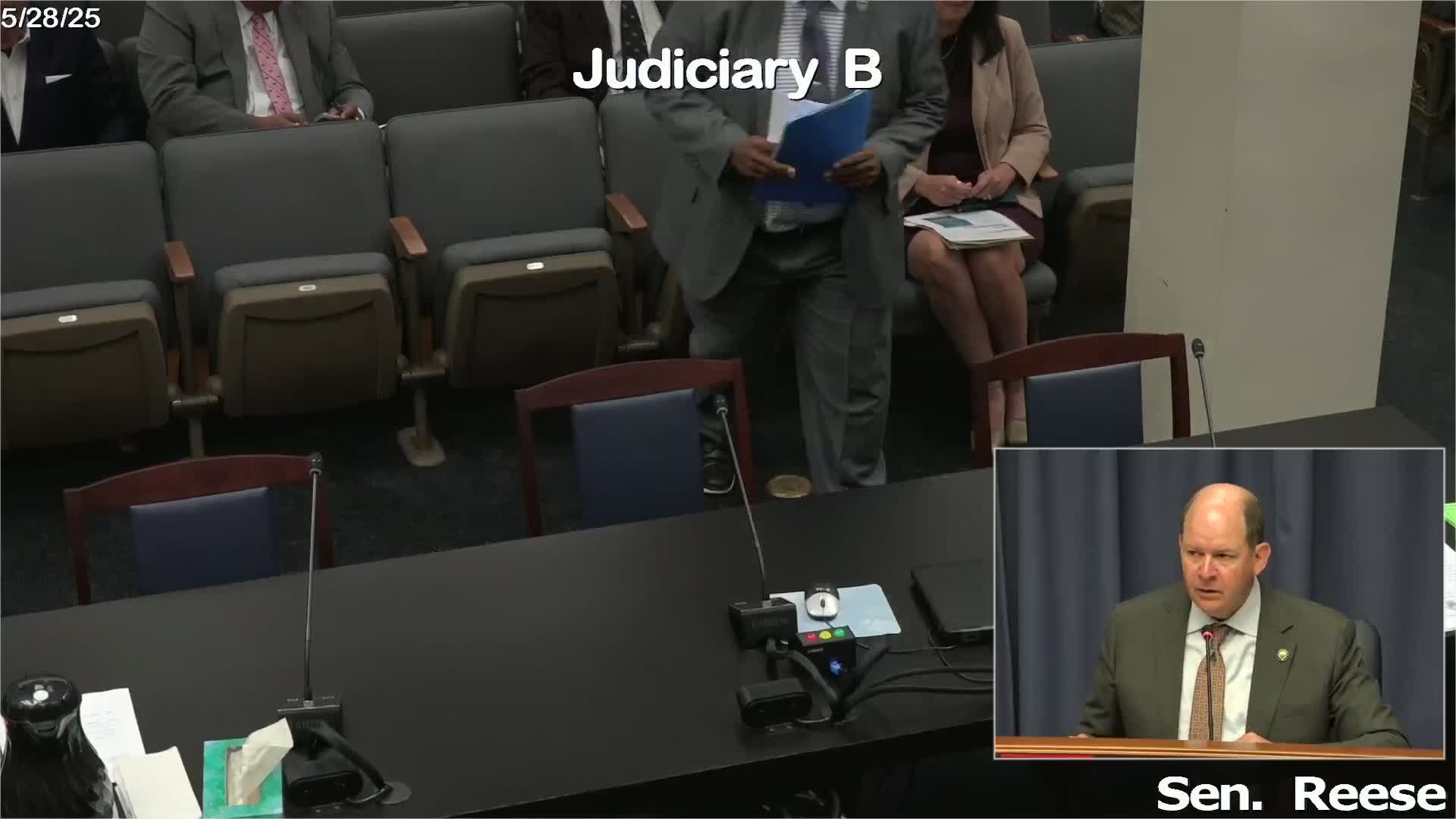Article not found
This article is no longer available. But don't worry—we've gathered other articles that discuss the same topic.
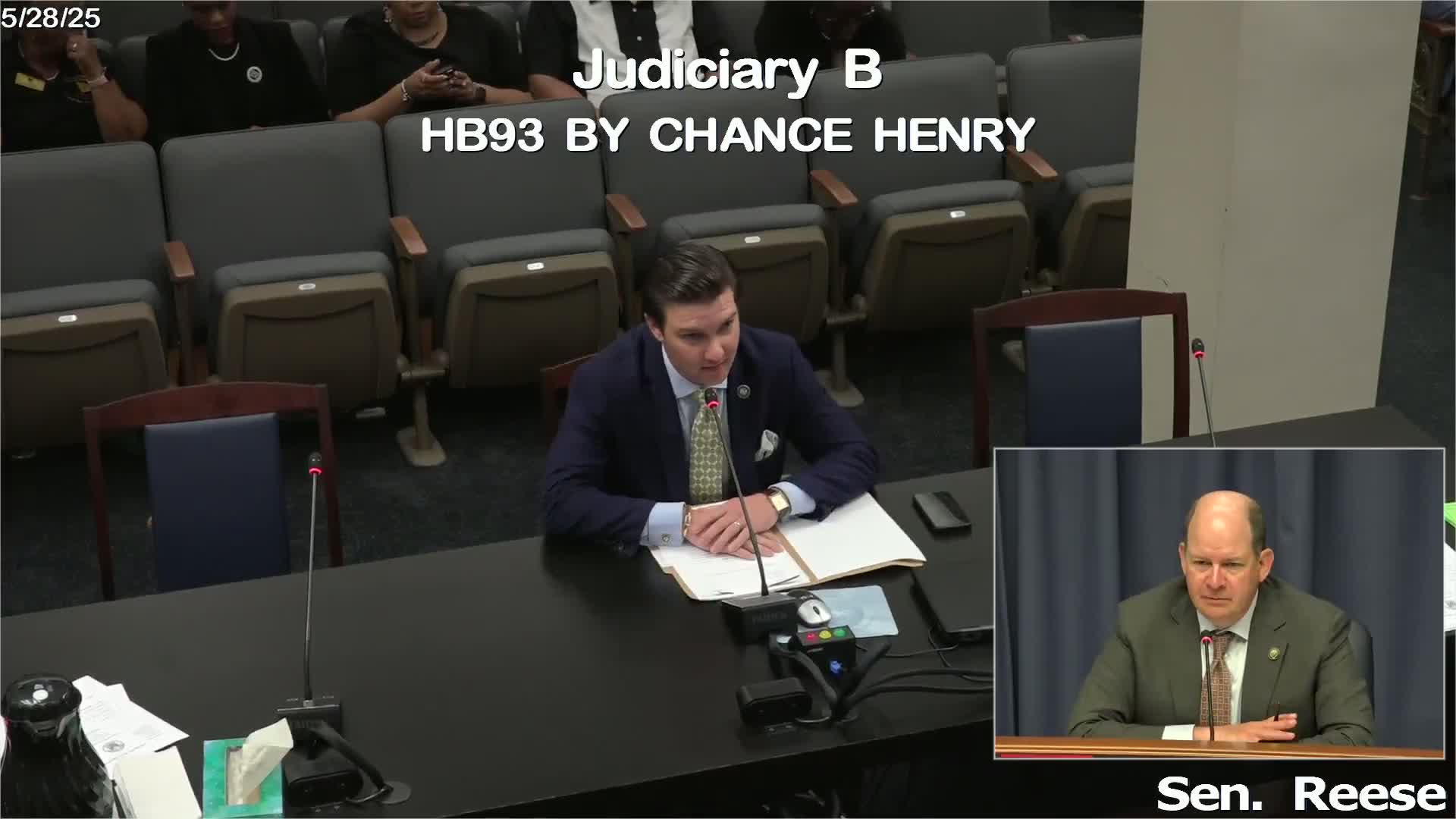
Committee advances measure allowing Acadiana juvenile justice district to seek 1% sales tax election
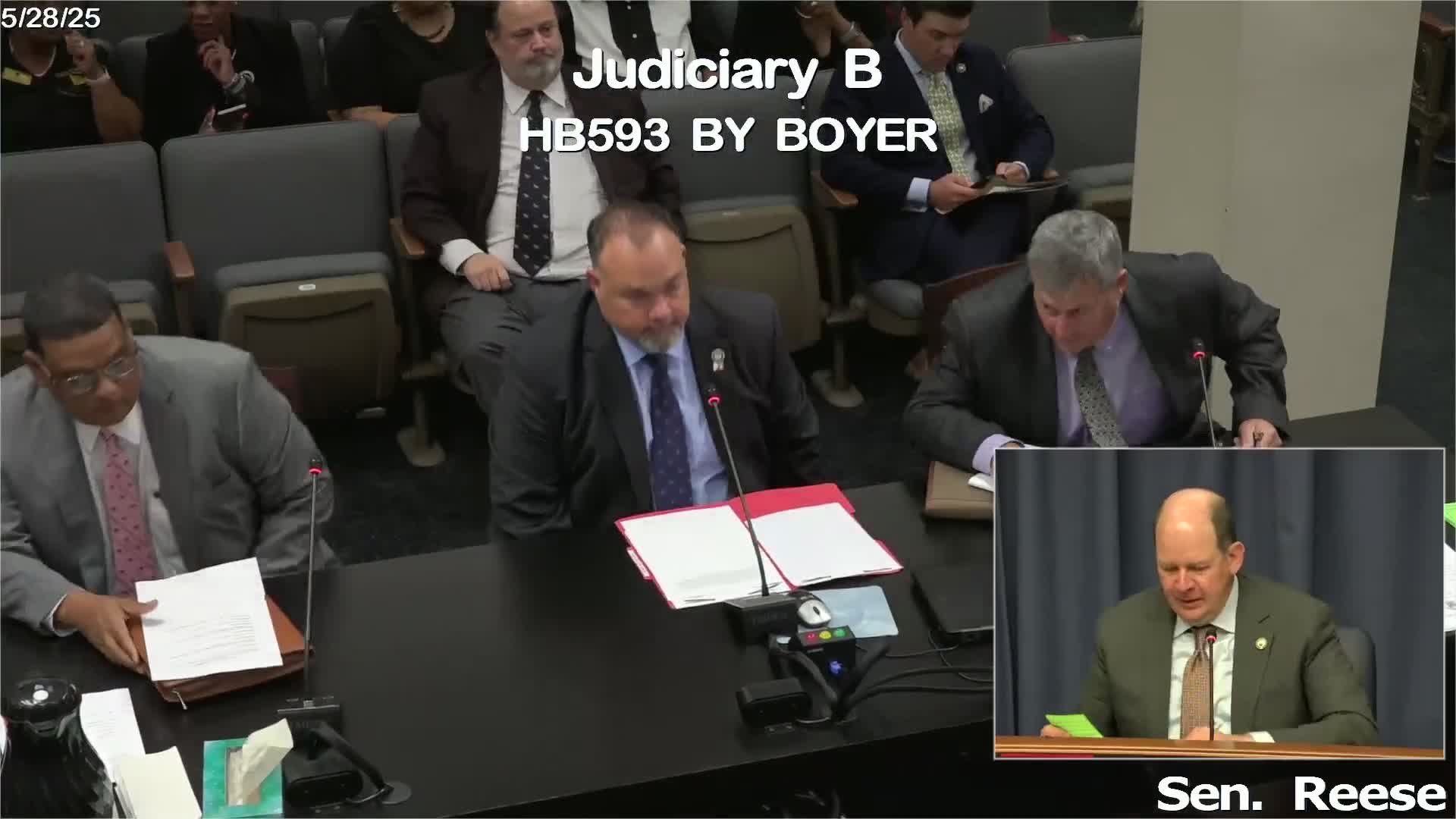
Committee advances bill to create Louisiana Equestrian Corporation to promote industry and heritage
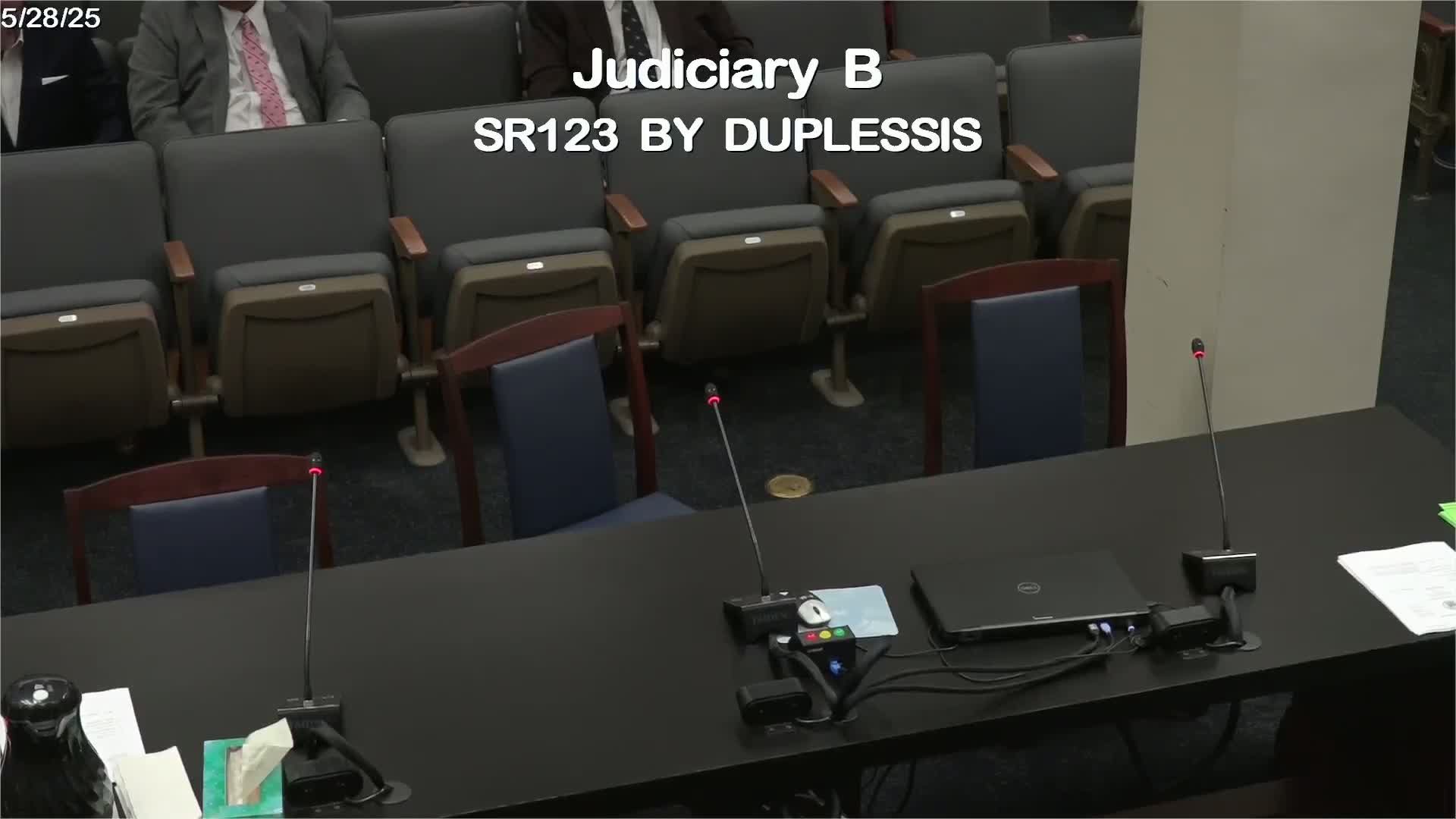
Senate endorses resolution urging law enforcement to consider restorative approaches
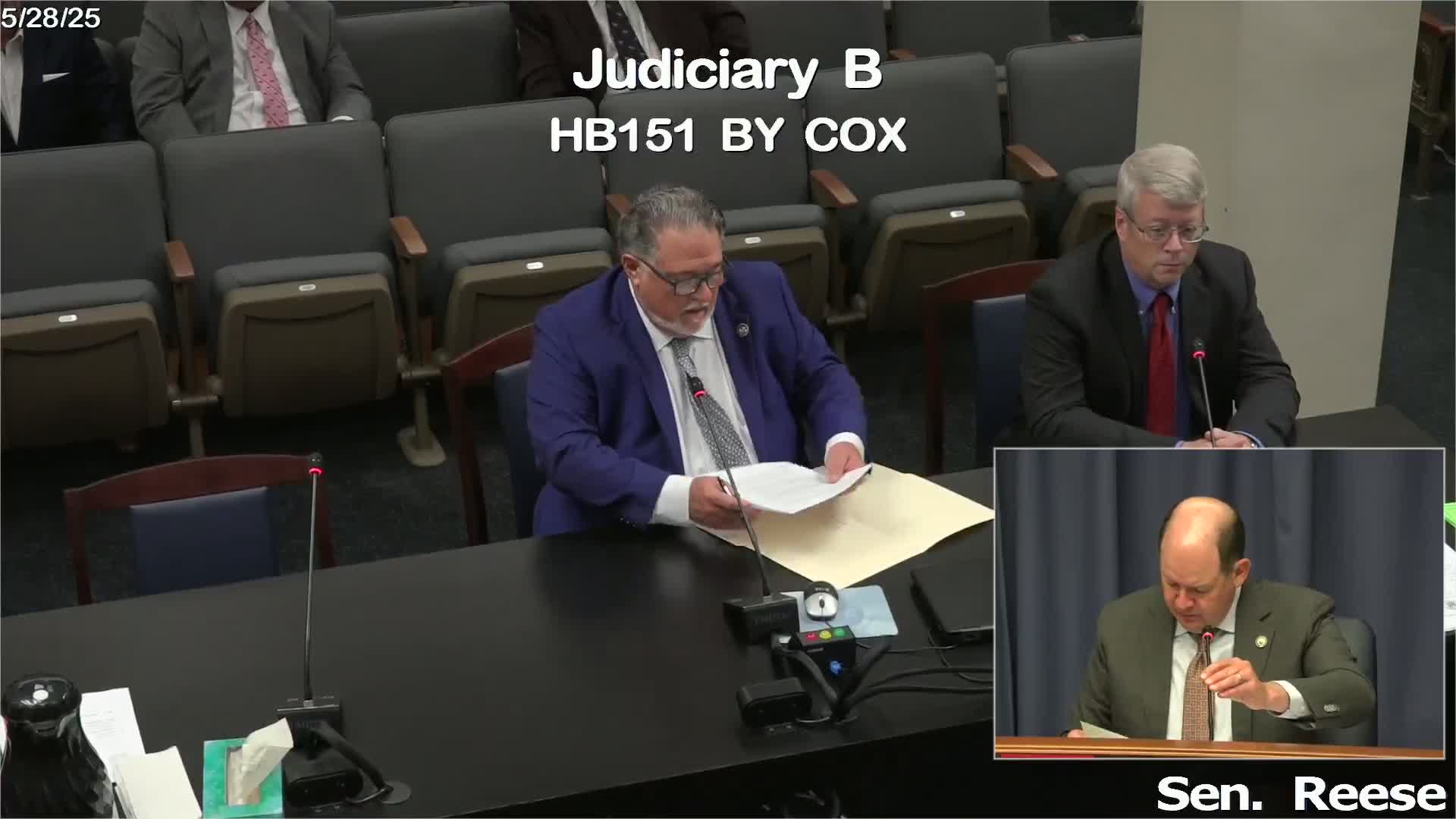
Committee backs bill to relax non‑gaming vendor permitting threshold for casinos
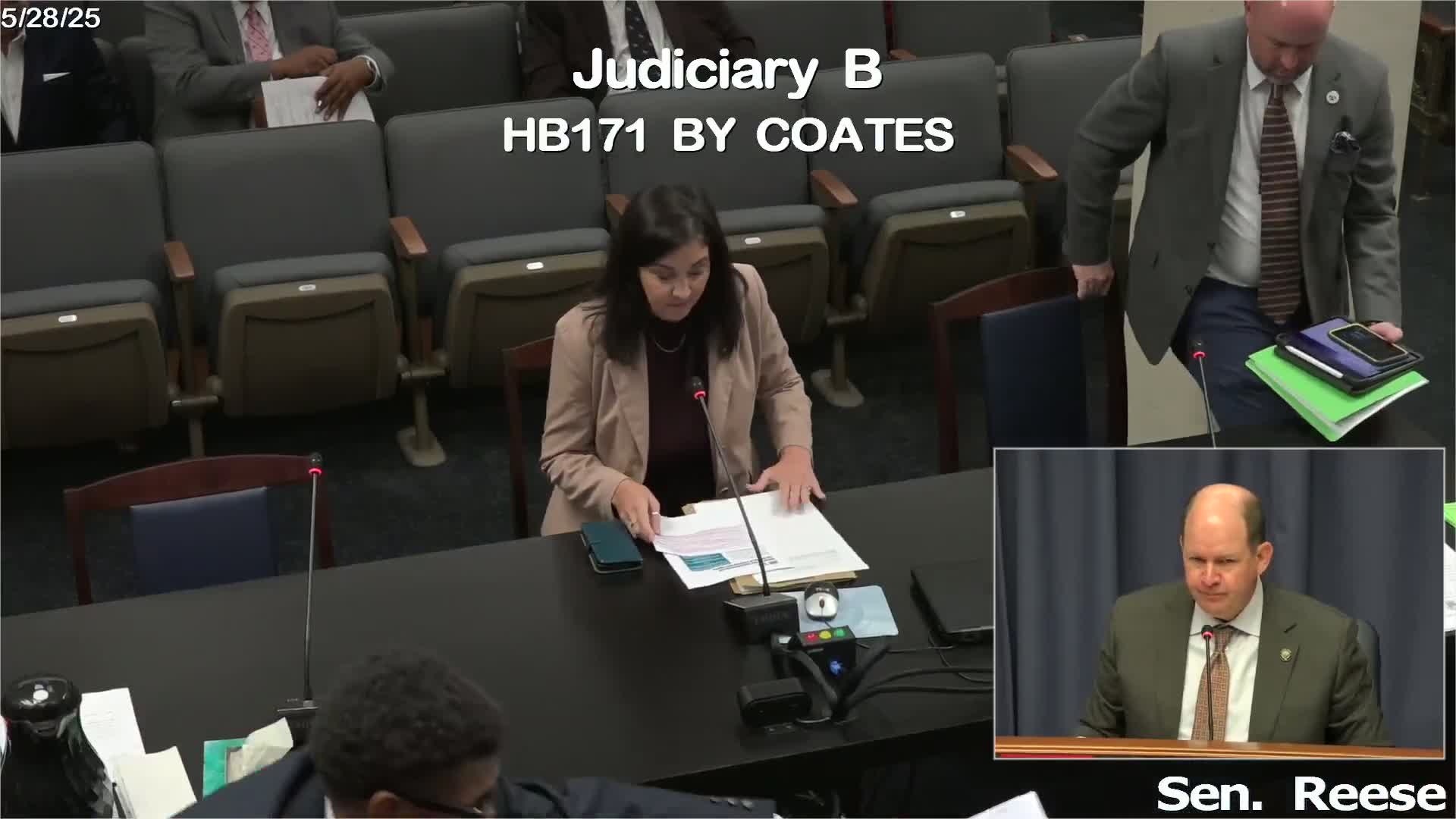
Committee approves bill to modernize Board of Pardons and Parole compensation and create separate appropriation line
